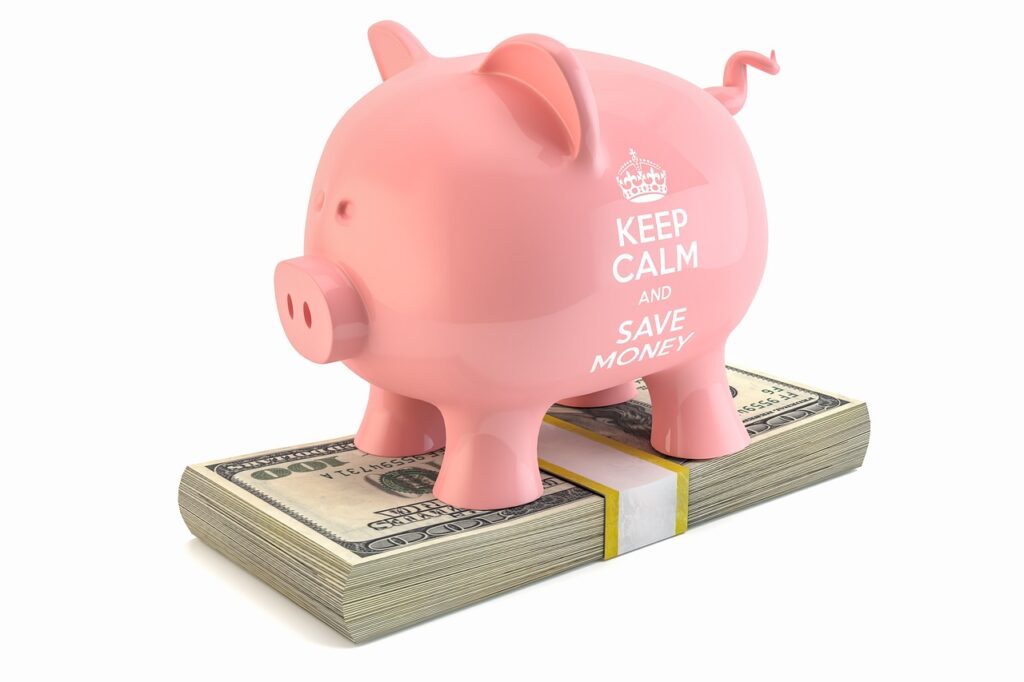
Pay Your Bills!
One of the most important habits you can develop, as you learn to have a better mindset for money, is to pay your bills on time!
That practice is tracked by organizations using the FICO, Fair Isaac Corporation, founded by Bill Fair and Earl Isaac, scoring system, which was developed in the 1950s. The score determines credit worthiness.
Why Should I Care?
Lenders will not lend to folks with a score of less than 600. The range of scores goes up to 850. So, when you check your score, you should be aware that your score is very important when you have a need to borrow money.
Some lenders offer a variation in interest rates, based on your FICO. score. So, over your lifetime if you have a good FICO score, you could literally save thousands of dollars in interest, especially on a house loan.
FICO Elements
The range of FICO scores are 300 to 850. There are three major credit bureaus that utilize the FICO calculation method. They are Experian, TransUnion, and Equifax.
These credit bureaus gather information from lenders and other companies who you make payments to, like utilities and rent.
The components in the FICO calculation are, as follows:
- Payment History—So, make consistent, on-time payments. Paying off debt is one of the fastest ways to raise your score.
- Amounts Owed—Perhaps 30% of your score relates to use of credit that is available to you. This is a big concern for lenders.
- Length of Credit History—The longer you have used credit and paid it off will benefit up to 15% of your score. New borrowers have difficulty here since your word has no proof.
- Credit Mix—This is a minor area, which affects 10% of your score. Your handling of student loans, auto loans, and mortgages will be proof of your intent to pay debt.
- New Credit—Too many new accounts opened to get credit is a concern to lenders. That should concern you, as well!
A Perspective on Bills
Bills are not always debts to be paid. You also have utilities, rent, food, internet, phone, etc.
Just remember to pay your bills, based on a budget. Some bills, like utilities, will vary. So, account for that.
Although your bills comprise your current situation, I vote for you to make a payment for your future!
A Payment Toward Your Future
There is a bellwether budgeting cliché which has proven to be very solid advice. The cliché is “pay yourself first”, coined in the 1920s by George Samuel Clason, the author of The Richest Man in Babylon, a short book of profound wisdom, to aid in your quest for a better mindset for money!
There are so many who have ignored that simple line of advice. I was one of them.
Early in my financial life, I wanted so many things. I deserved them was my argument. I was not patient. I spent all of my available funds.
Then came the “emergencies”, like car repairs. I was NOT prepared. I did not have savings to cover the “unplanned” expense.
Later, I learned the wisdom of “paying myself first”. When I started to save things changed. I found that, in most cases, I did not have to incur the added expense of interest due to borrowed money to cover the unexpected expense.
Saving Takes Effort
By “paying yourself first”, you commit to a habit to provide a better future for you and your family.
There are benefits that will compound the actual growth of your money. Besides saving on interest by not borrowing to cover emergencies, you will be able to buy the things you want and need when they are on sale, taking advantage of opportunities that you would have had to pass on with limited funds, and you will be able to take advantage of potential for financial growth!
Sure, it takes effort and patience to get that habit established. However, your effort will be worth it and will prove itself through your new mindset to look for savings on purchases and as you make goals that drive your saving process to create opportunities for personal growth and financial freedom!
